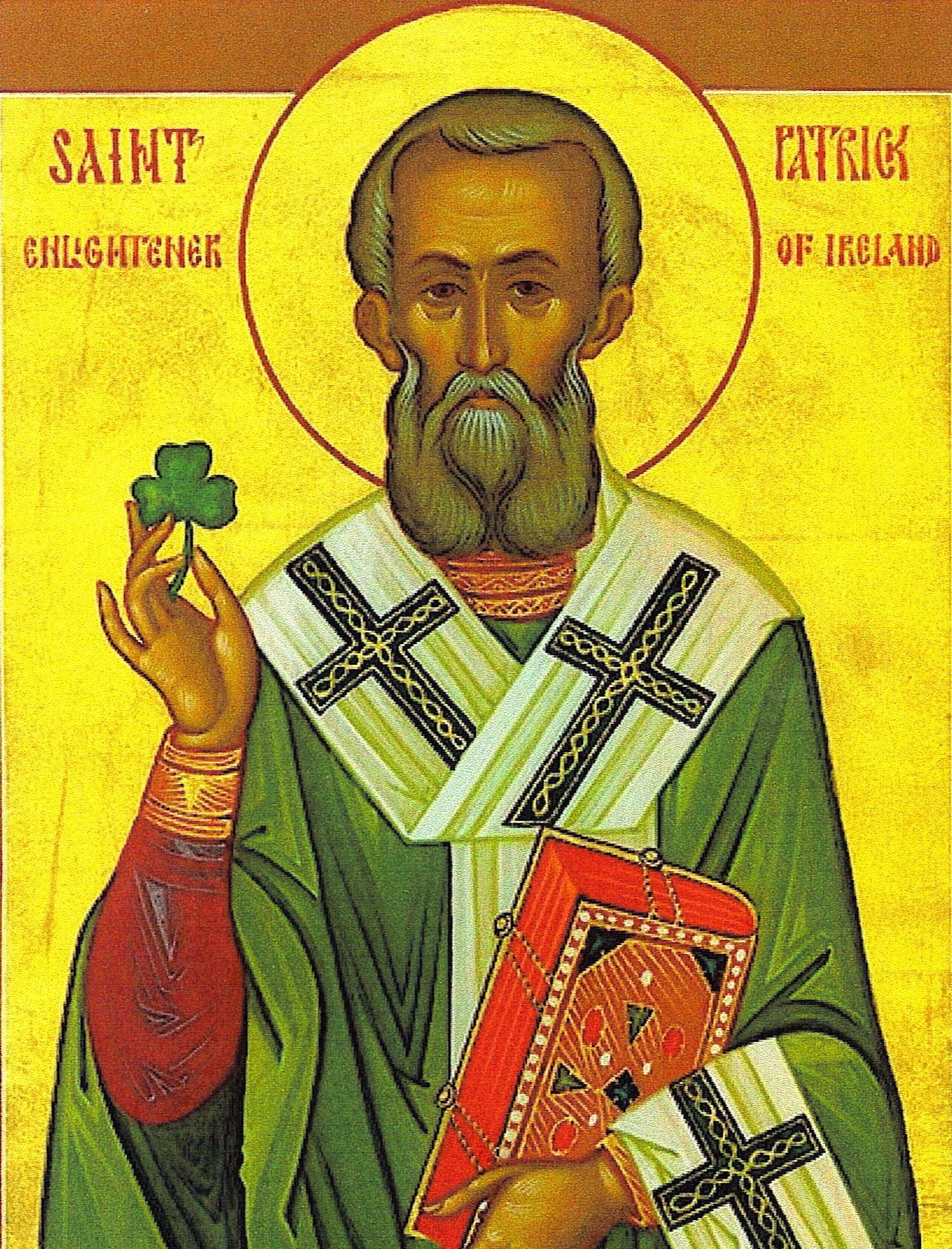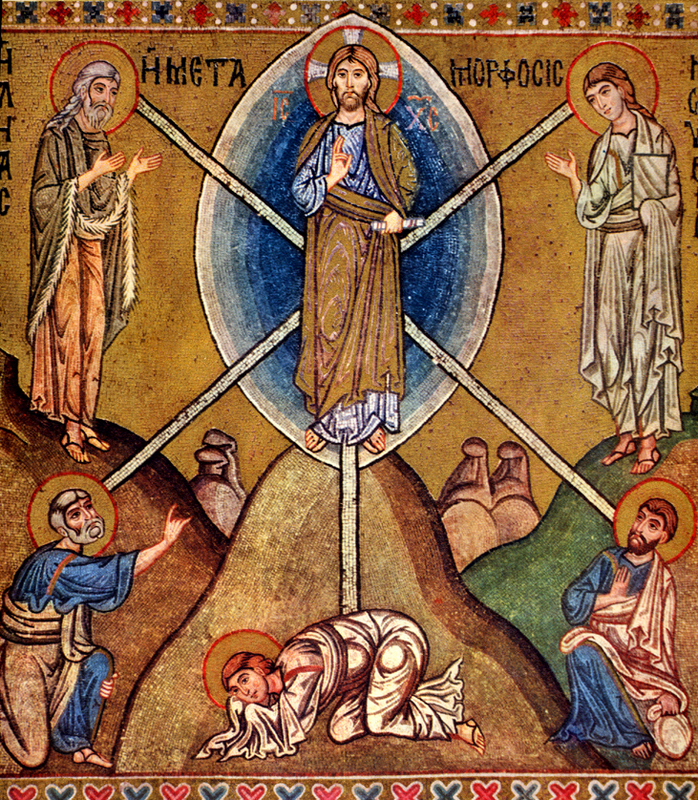
Saturday, March 18
“Come, let us go down, and confuse their language there, so that they will not understand one another’s speech” (Genesis 11:7).
Jacqueline Lapsley recalls being with Theodore Hiebert at a conference of Reformed theologians and Bible scholars in South Africa. There, he advanced the reading of the tower of Babel story we have advocated in this week’s devotional readings: that this story demonstrates God’s love of cultural diversity. But when they heard this, South African scholars present were horrified! It seems that this very text, and a reading very like Hiebert’s, had been “one of the central biblical foundations for apartheid. On the pro-apartheid reading, Gen 11 teaches that God does not want different cultural and linguistic groups to live together” (Jacqueline Lapsley, “‘Am I Able to Say Just Anything?’: Learning Faithful Exegesis from Balaam,” Interpretation 60 [2006]: 23).
Does this invalidate Hiebert’s reading of this passage? I don’t believe it does—although it certainly points up a problem with how we do biblical interpretation (also called “exegesis,” from Greek words meaning “draw out”)! Lapsley warns against readings of Scripture that “serve our own selfish interests,” or that fail to consider “God’s larger story.” In the end, she proposes, “Exegesis requires certain learned skills—how to attend to the historical, social, and literary facets of the text—but it also requires a disciplined imagination and something even more important—faith that God’s word has power to speak to and for us, and especially faith that it speaks to and for those who are far removed from the prosperity we enjoy” (Lapsley, “Learning Faithful Exegesis,” 30). Reading Scripture prayerfully, guided by God’s Spirit, with disciplined imaginations, we can make wise choices about how to apply the Bible to our own contexts. When we do this, we can readily see that affirming the God-given goodness of our differences leads, not to apartheid, but to learning to live together in love.
Prayer: God, when our reading of the Bible prompts us to turn inward rather than outward; to close doors rather than to open them; to shut ourselves off from others rather than opening ourselves up to them; give us the courage to say “no” to that reading, and the wisdom to look again, carefully and prayerfully. Through Christ Jesus—“the Word made flesh” (John 1:14), Amen.









